Essential education for future psychedelic therapists
A comprehensive and interactive education programme for mental health practitioners covering the principles, evidence, and ethics of psychedelic-assisted therapy.
Programme Overview
Start Date
November 3, 2025
Programme Length
13 Months
Format
Online
Foundations of Psychedelic Therapy is an in-depth, fully online educational program offered in small, supportive cohorts. Delivered over the course of one year, this programme provides recorded expert-led modules, guided peer interaction, and live sessions with experts. Foundations equips mental health professionals with the essential theoretical knowledge to understand, contextualise, and integrate psychedelic-assisted therapy within a clinical framework. Accessible from anywhere in the world. Partial accreditation for ADEPT can be obtained.
The first cohort has now started the programme.
Eligibility criteria
Foundations is open to professionals with a background in mental healthcare who meet the minimum criteria.
Minimum criteria
- Comprehension of academic English
- Minimum BA/BSc
Psychologists
- Clinical / mental health psychologists
- Psychotherapist
- Psychologist
Medical doctors
- Psychiatrist
- General Practitioner (GP)
- Resident / Medical doctor in training
- Anesthesiologist
- Other
Nurses
- Nurse Practitioner
- Psychiatric Nurse
- Mental Health Nurse Specialist
- Palliative Care Nurse
- Community Psychiatric Nurse (CPN)
Other professionals
- Spiritual Caregiver
- Clinical Chaplain
- Sociotherapist / Social Worker
What is the difference between ADEPT and Foundations?
Foundations provides the essential theoretical groundwork, best practices, and evidence-based frameworks needed to understand, evaluate, and integrate psychedelic-assisted therapy into your professional context, with the flexibility to learn from anywhere. It’s the first step toward full certification through the complete ADEPT training program.
ADEPT builds on this foundation with a two-year hybrid program that integrates in-person training, experiential workshops, and advanced clinical skill development, designed for professionals seeking full certification to safely and effectively practice psychedelic-assisted therapy.
Eligibility differs
Foundations is open to a broader group of mental health and adjacent professionals, while ADEPT requires a minimum age of 25, at least three years of clinical experience, and a professional license (e.g., BIG registration or equivalent).
Foundations as a pathway to ADEPT
It is possible to start with Foundations and if eligible, continue into ADEPT with your certificate counting toward full program completion.
🎓 Participants who complete this course will receive a Certificate of Completion from the OPEN Foundation and can apply this certification toward the full ADEPT training, if eligible.
Build your foundational understanding in psychedelic-assisted therapy
Hours of evidence-based learning modules
Live Q&A sessions by experts in psychedelic therapy
hours of Live-tutorial sessions with faculty
Learning Goals, Modules & Formats
Learning Goals
Master Core Therapeutic Practices
Develop a deep understanding of core practices in psycholytic, psychedelic-assisted therapies and MDMA-assisted therapy, contextualized within historical, cultural, and ethical frameworks.
Enhance Client-Centered Guidance
Develop expertise in guiding clients through pre-session preparation, session support, and post-experience integration, using a client-centered approach and an integrative therapeutic process.
Understand Pharmacology and Neurobiology
Gain in-depth knowledge of the pharmacological and neurobiological actions of classical and atypical psychedelics, including mechanisms of action and potential side effects.
Ensure Patient Safety
Cultivate skills to perform comprehensive health screenings, identify contraindications, and develop risk mitigation strategies, ensuring the highest safety standards for clients throughout their therapeutic journeys.
Integrate Indigenous Wisdom
Understand traditional and indigenous practices with psychedelics, and integrate these insights into a culturally attuned therapeutic framework that respects diversity and inclusivity.
Navigate Ethical Complexities
Learn how to navigate complex ethical issues in PAT, such as informed consent, therapeutic touch, and others, to maintain integrity and client-centered care.
Cultivate Mindful Presence
Cultivate the ability to be fully present, utilizing mindfulness, somatic practices, and self-reflection to maintain a centered and empathic therapeutic approach.
Gain Practical Experience
Gain hands-on experience in PAT sessions using both non-substance and substance-based modalities, under the supervision of highly experienced facilitators.
Engage with Research
Engage in critical analysis of the latest research findings on psychedelic-assisted therapy to differentiate between realistic outcomes and limitations.
Module overview
Orientation, core competencies and key concepts
Historical and critical perspectives on psychedelics and psychedelic-assisted therapy
Neurobiology and psychopharmacology of psychedelics
Clinical evidence: risks, processes, outcomes
Models, modalities, and paradigms of (psycho)therapy in PAT
The arc of psychedelic-assisted therapy: preparation
Understanding and working with non-ordinary states of consciousness
The arc of psychedelic-assisted therapy: session
The arc of psychedelic-assisted therapy: integration
The science and art of group therapy with psychedelics
Formats
Monthly Q&A
Monthly two-hour curated live Q&A sessions with core and guest faculty.
Weekly classes
Weekly 2-hour lectures, followed by 2-hour live work groups guided by qualified tutors.
In-person meetings
5 full-day in-person meetings at a central location in the Netherlands. Virtual participation is not available for these sessions. Attendance is mandatory.
Three experiential workshops
One 3-day and two 5-day experientials. Participants take patient & therapist roles in a learning therapy context, using legal psilocybin-containing truffles.
10 online modules
On demand lectures, specially designed for the ADEPT curriculum on select relevant topics (see Modules tab), covering Theory, Practice, Ethics & Integration
Supplementary materials
Curated articles, book chapters, and videos.
Scroll up for LEarning goals, modules & formats
Click to expand & learn more.
Core Faculty
The Core Faculty was selected for their extensive experience, diverse expertise, and leadership in psychedelic-assisted therapy, clinical research, ethics, and education. These global experts contribute to curriculum development, teaching, and mentorship, guided by integrity, professionalism, and deep therapeutic understanding.
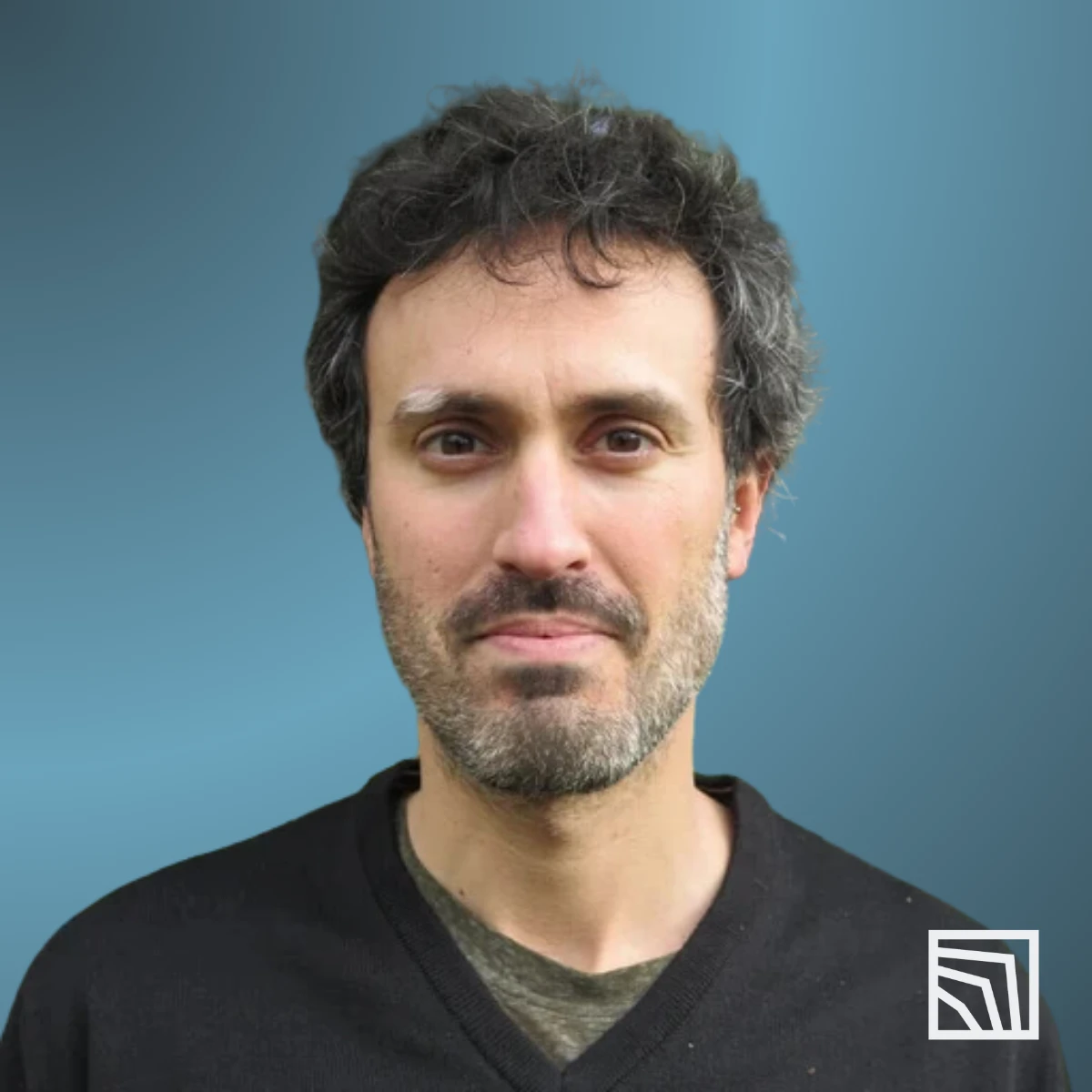
Marc Aixalà, MSc
Licensed health psychologist, psychotherapist, and Holotropic Breathwork facilitator. With expertise in non-ordinary states of consciousness and MDMA-assisted therapy for PTSD, he coordinates support services at ICEERS. Marc also leads workshops, conducts research, and offers lectures on integration and psychedelic psychotherapy globally.
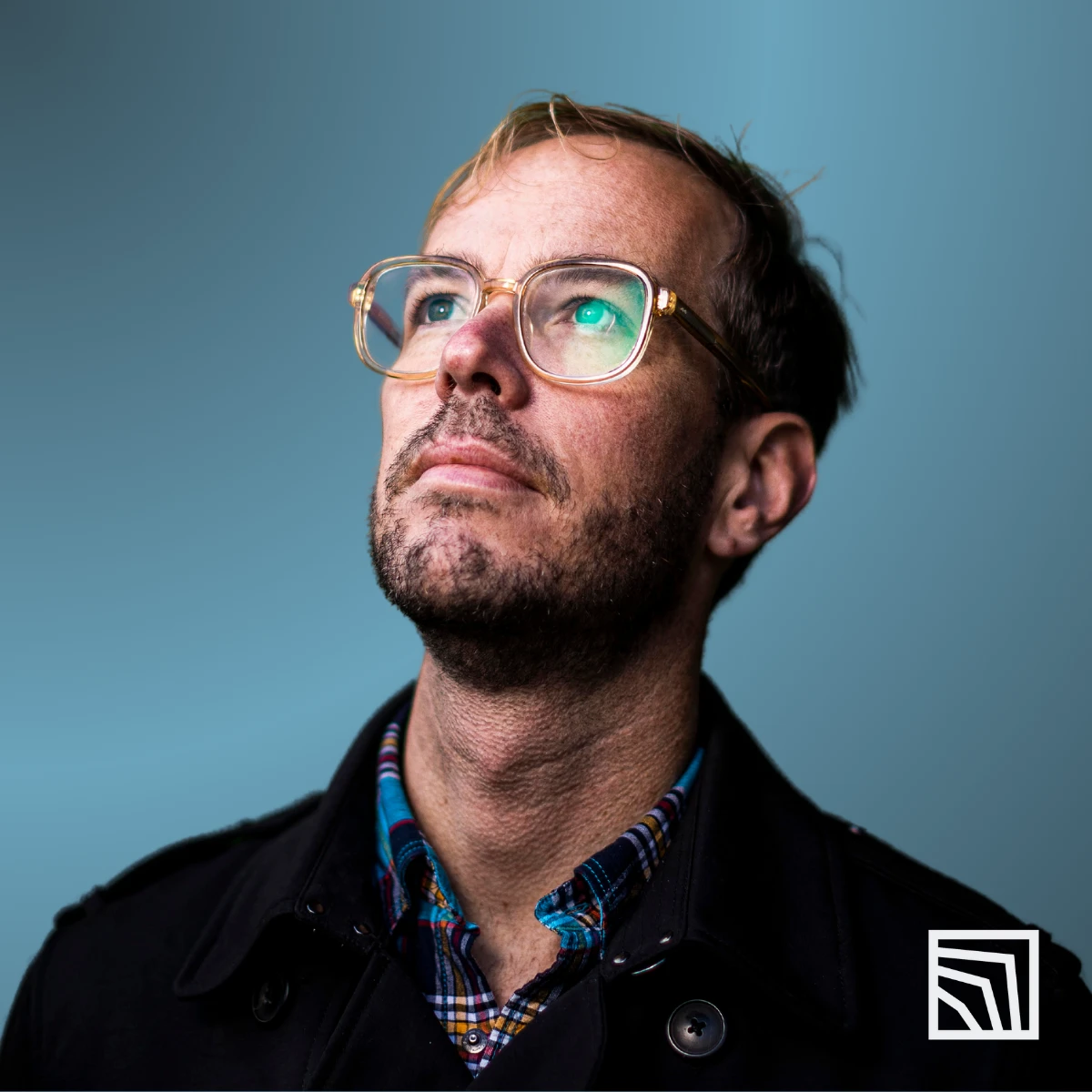
Michiel van Elk, PhD
Associate Professor at Leiden University, leading the PRSM Lab. With expertise in cognitive neuroscience, philosophy, and psychology of religion, he studies altered states of consciousness using diverse methods. A Fulbright scholar, Michiel published extensively and his work has appeared in major outlets like The New York Times and National Geographic.

Anja Loizaga-Velder, PhD
German-Mexican clinical psychologist and psychotherapist. Anja has over 30 years of experience working with indigenous psychedelic healing practices. She co-founded the Nierika Institute for Intercultural Medicine in Mexico, focusing on sacred plant medicine research and therapy. Anja also teaches in the Synthesis psychedelic practitioner training program.
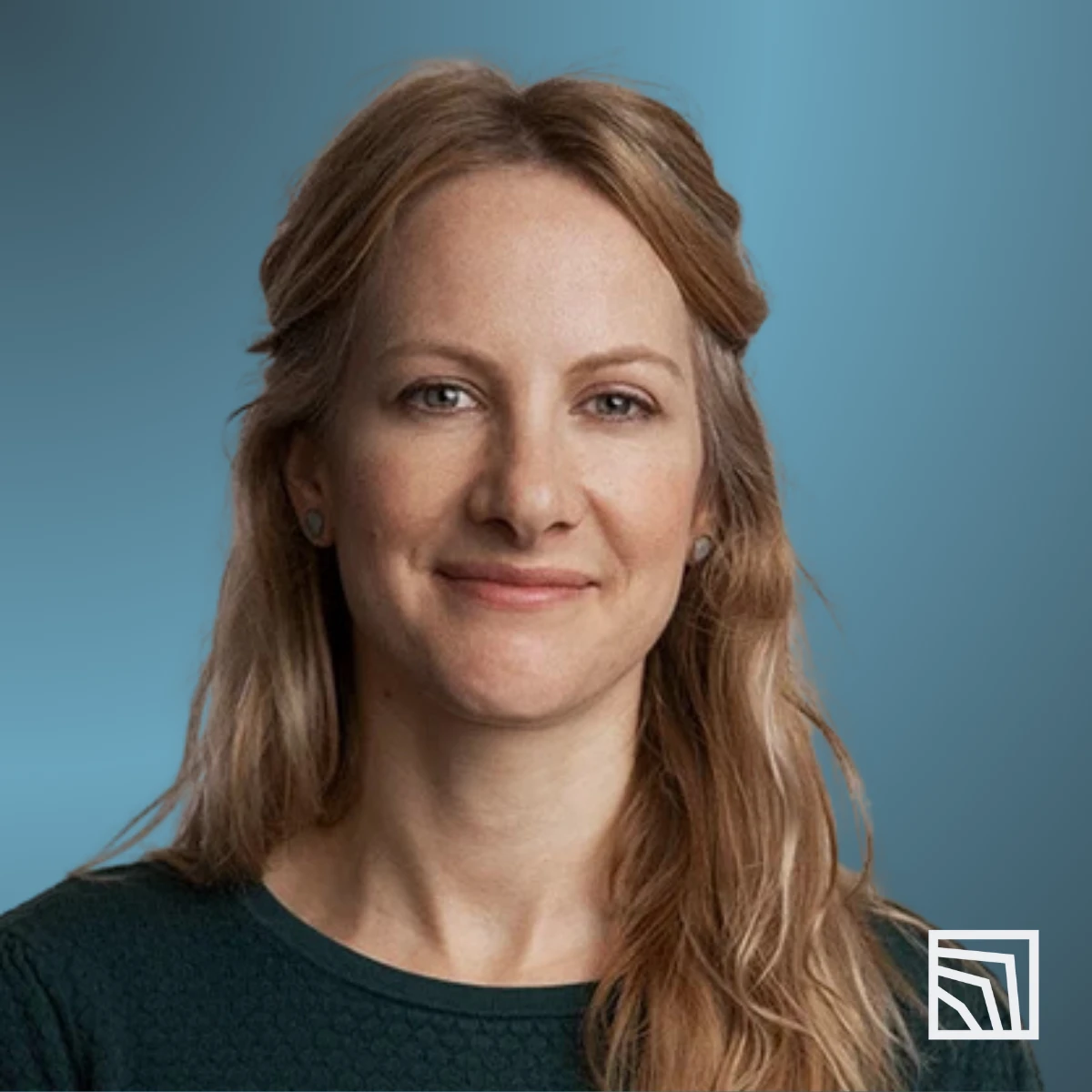
Rosalind Watts, PsyD
Clinical psychologist and founder of ACER Integration. Developed the ACE model (Accept, Connect, Embody) for psychedelic therapy and the Watts Connectedness Scale. Former clinical lead on Imperial College London’s Psilocybin for Depression trial, she also serves on Usona Institute’s clinical advisory board.
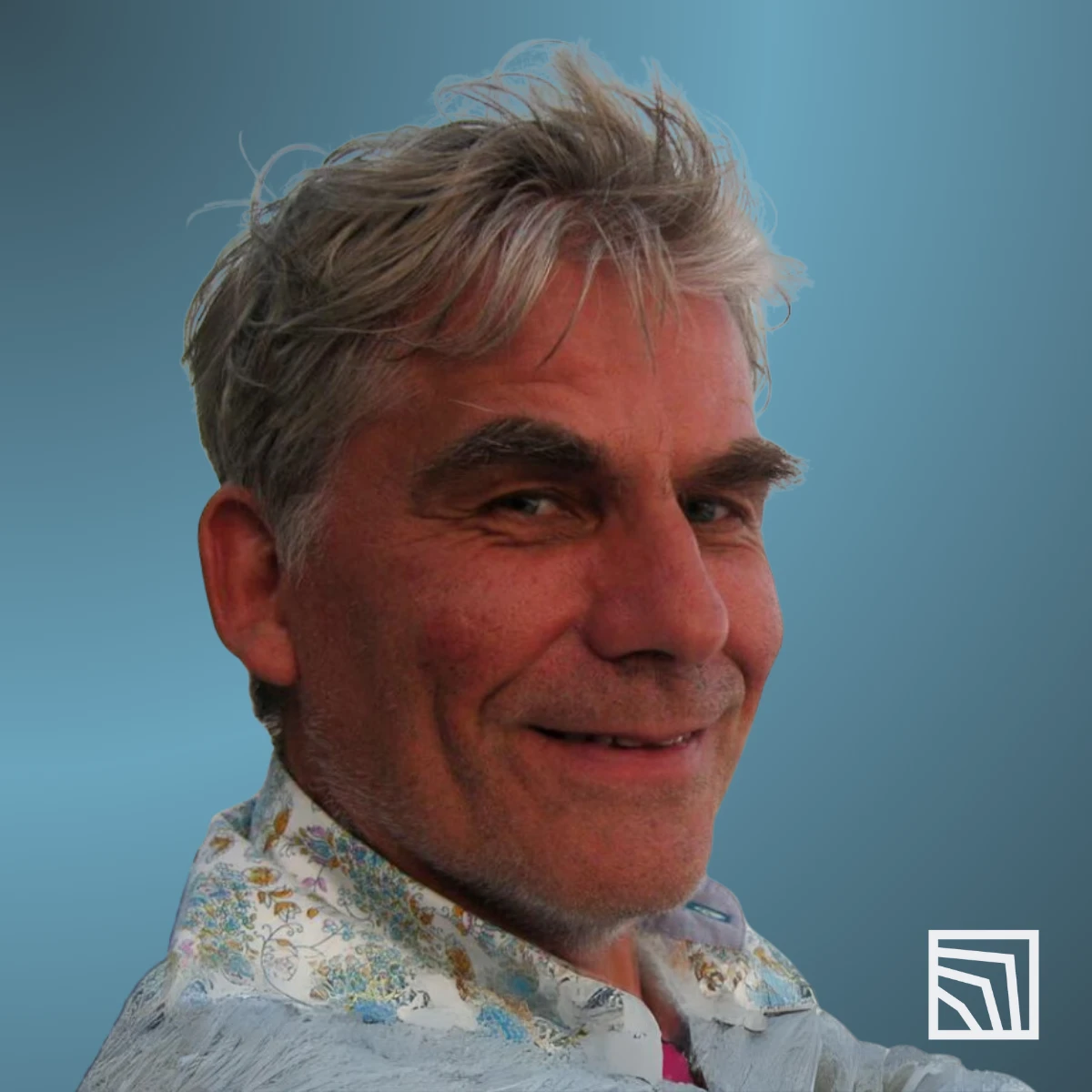
Torsten Passie, MD
Professor of Psychiatry at Hannover Medical School and Visiting Scientist at Goethe University. An expert in hallucinogenic drug research, he has studied the therapeutic potential of altered states of consciousness. A former Harvard Visiting Professor, he has authored 20 books, including The Pharmacology of LSD and The History of MDMA.
Guest Faculty
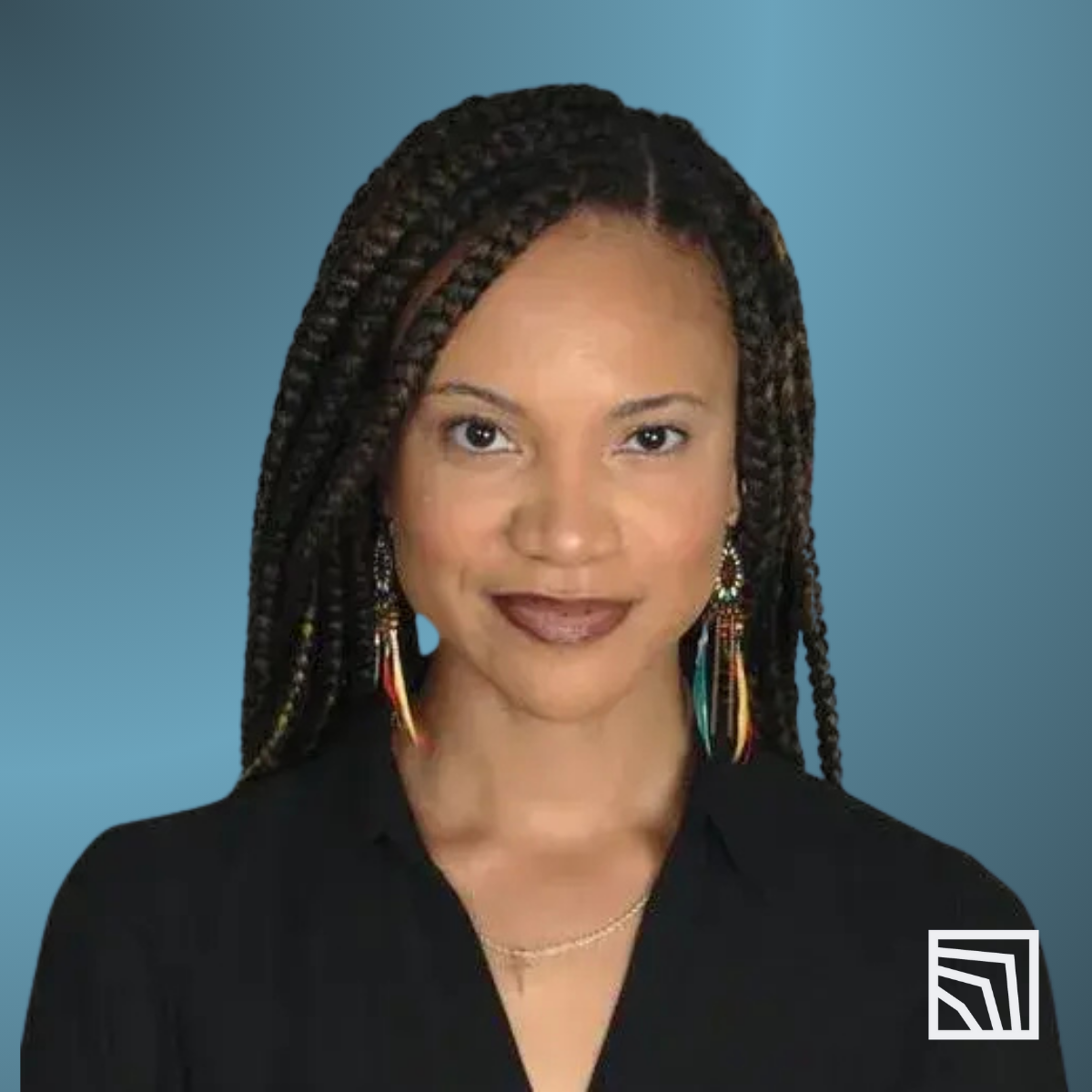
Sara Reed, MS
Sara is an empathic leader, mental health futurist, and practitioner in psychedelic-assisted therapy. She has spent her early career examining the ways culture influences how we diagnose and treat mental illnesses.
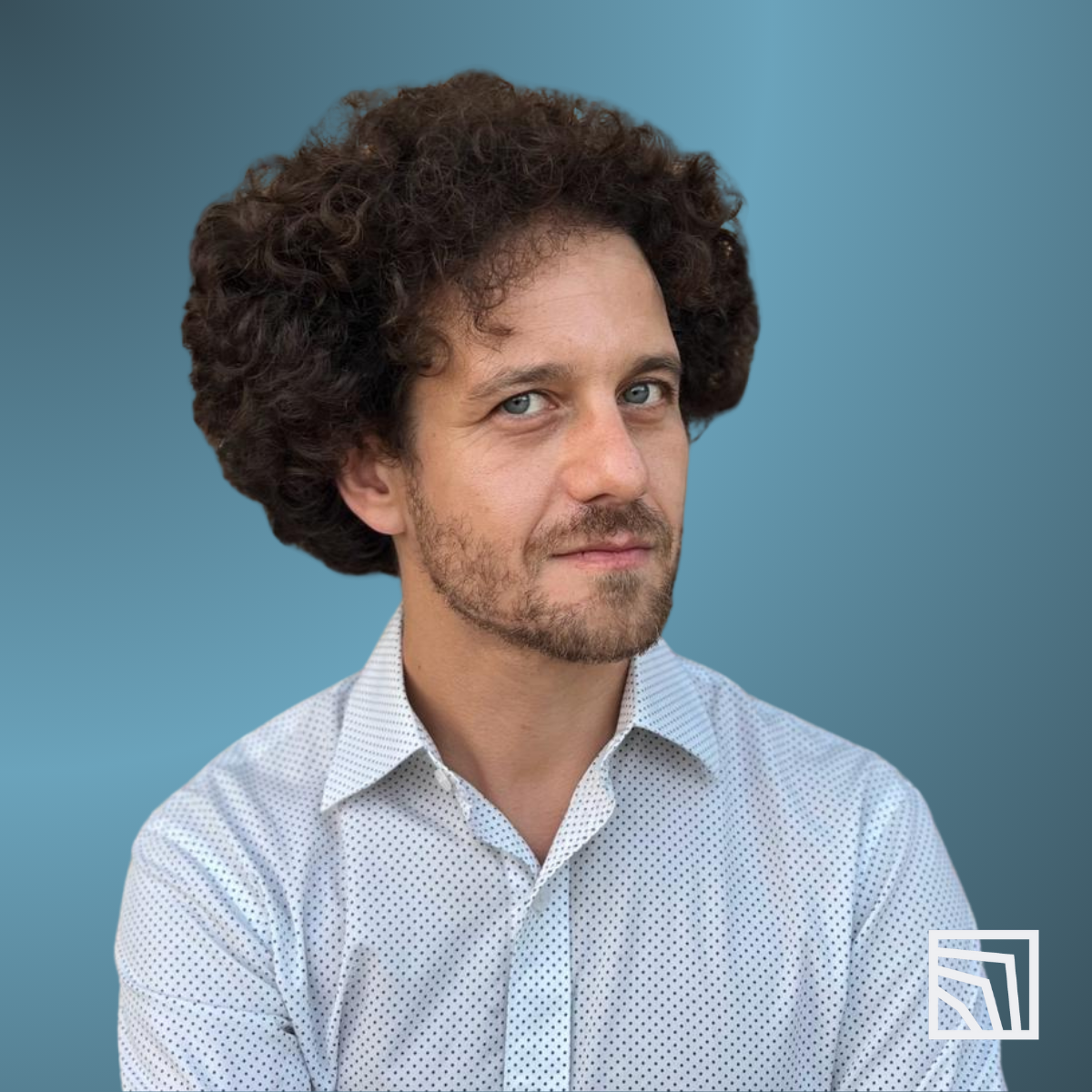
Roman Palitsky, PhD
Roman Palitsky is an Assistant Professor of Psychiatry at Emory University and Director of Research Projects in Spiritual Health. His work applies a bio-psycho-social-spiritual approach to behavioral interventions, ensuring treatments align with patients’ cultural needs. In psychedelic research, he focuses on making therapies rigorous, effective, and accountable while supporting those who may experience adverse effects.
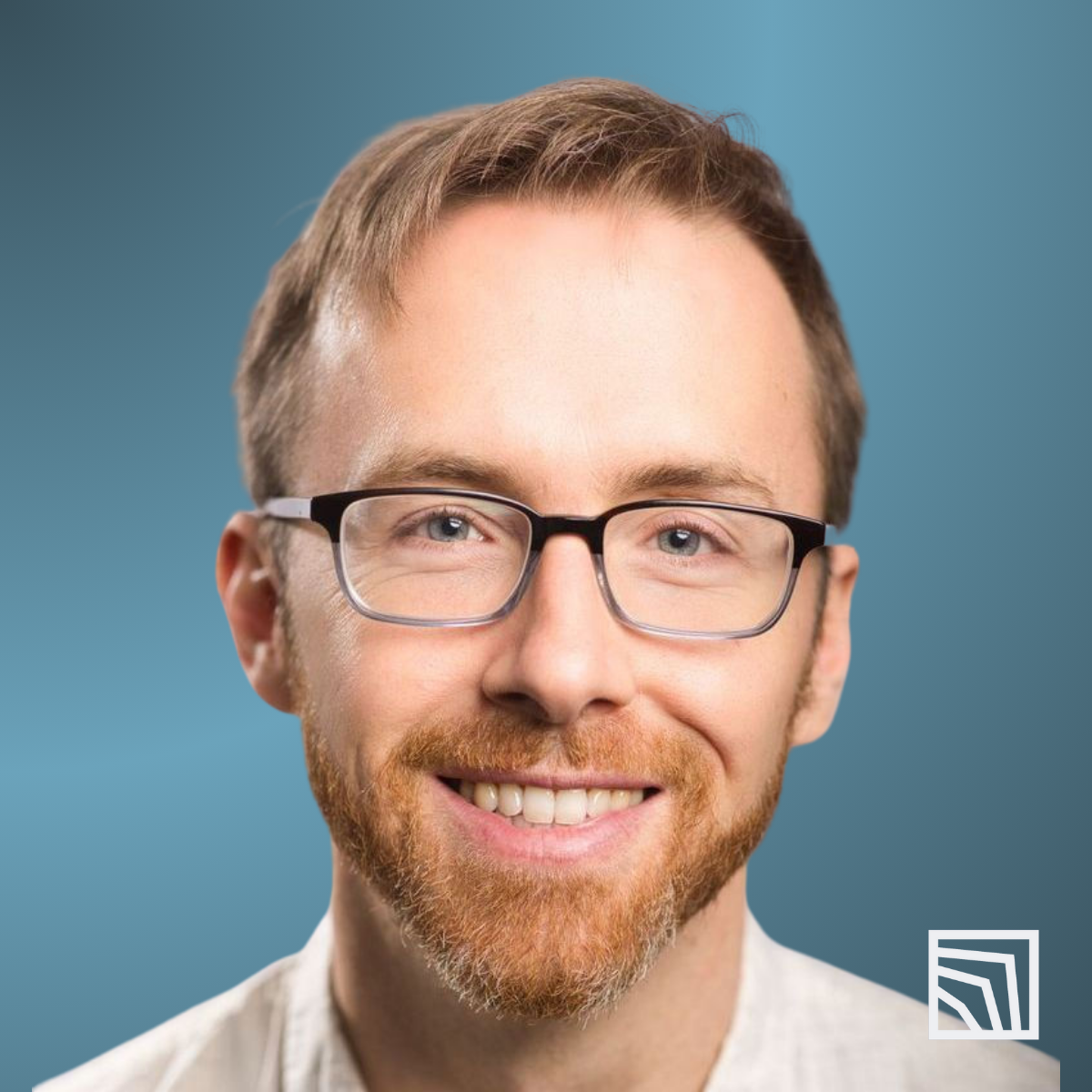
Bill Brennan, PhD
Bill Brennan is a psychologist in NYC and a clinical researcher at Cybin Inc., where he co-developed the EMBARK approach to psychedelic-assisted psychotherapy. He has coauthored treatment manuals for clinical trials, including one on psilocybin for COVID-related depression. His work explores ethics in psychedelic therapy, and he has written and spoken on systemic change in the field. He also studies Somaterapia, a somatic group therapy approach in Brazil, and has a background in community psychology and neuroscience research at NYU, Columbia, and the University of Washington.
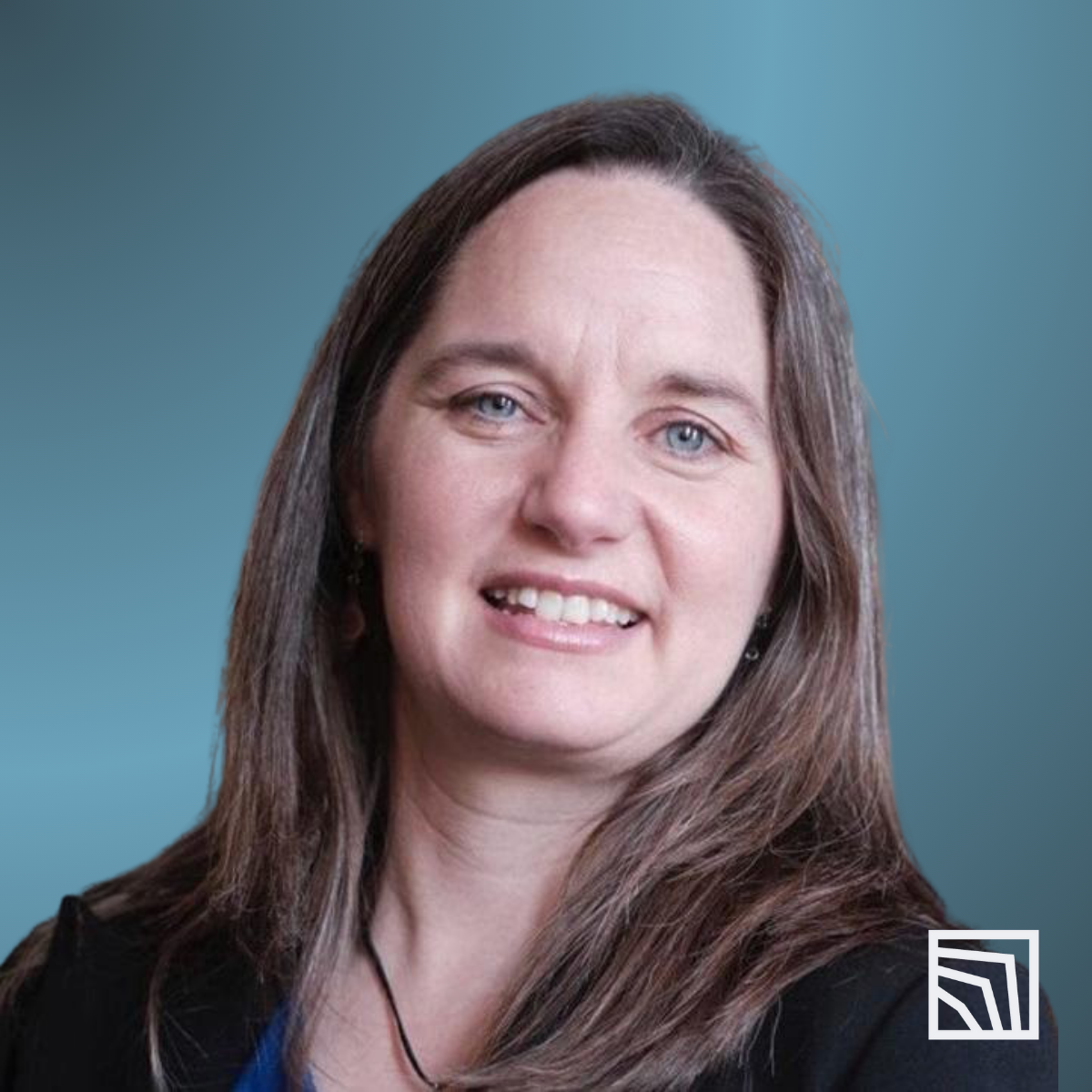
Erica Dyck, PhD
Erika Dyck, Ph.D. (History), is a Professor at the University of Saskatchewan, and a Canada Research Chair in the History of Health & Social Justice. Erika is also part of Chacruna’s Board of Directors and hosts the two series “Women in the History of Psychedelic Plant Medicines” and “Global History of Psychedelics.”
Perspectives from our Core Faculty
The brain reset analogy make people think PAT is a passive thing. In fact, it is a deeply engaged process that requires support from trained therapists.
Rosalind Watts, PsyD
The work of a therapist is being confronted with difficult situations everyday. Finding a place where you are taken care of as a therapist can be very helpful.
Marc Aixalà, MSc
Tuition
Foundations of psychedelic therapy
-
Essential education for future psychedelic therapists
-
10 Online learning modules
-
Live Q&A events by expert faculty
-
60 Live tutorial sessions
-
Certification by OPEN Foundation*
Enrol in 2 steps
1. Registration & fee
Register with your personal information and pay the €25 registration fee.
2. Enrolment Form
Fill in your enrollment form.
Eligibility criteria
Foundations is open to professionals with a background in mental healthcare who meet the minimum criteria.
Minimum criteria
- Comprehension of academic English
- Minimum BA/BSc
Psychologists
- Clinical / mental health psychologists
- Psychotherapist
- Psychologist
Medical doctors
- Psychiatrist
- General Practitioner (GP)
- Resident / Medical doctor in training
- Anesthesiologist
- Other
Nurses
- Nurse Practitioner
- Psychiatric Nurse
- Mental Health Nurse Specialist
- Palliative Care Nurse
- Community Psychiatric Nurse (CPN)
Other professionals
- Spiritual Caregiver
- Clinical Chaplain
- Sociotherapist / Social Worker
Applications are considered as they come in. Limited spots in cohort.
Info Events
Curious to learn more? Want to join the training? Ask us anything, meet the team, and learn more about ADEPT: Advanced Education in Psychedelic Therapy.
Wednesday 12 March 2025,
16:30-17:00 CET: 60min
*By registering, you’ll be added to the priority list and notified first when enrolment opens.
Thursday 13 March 2025,
16:30-17:00 CET: 60min
*By registering, you’ll be added to the priority list and notified first when enrolment opens.
Stay tuned for info events
By signing up, you will receive updates on OPEN Foundation’s Advanced Education in Psychedelic Therapy ADEPT.
By clicking SUBSCRIBE, I confirm to receive emails from the OPEN Foundation and agree with its privacy policy.
Advisory Council
The Advisory Council brings together world-renowned experts with immense collective knowledge, integrity, and experience in designing and running training programs for healthcare professionals, including psychedelic-assisted therapy. They contribute to content development, strategy, and quality control in ethics, infrastructure, and program delivery.
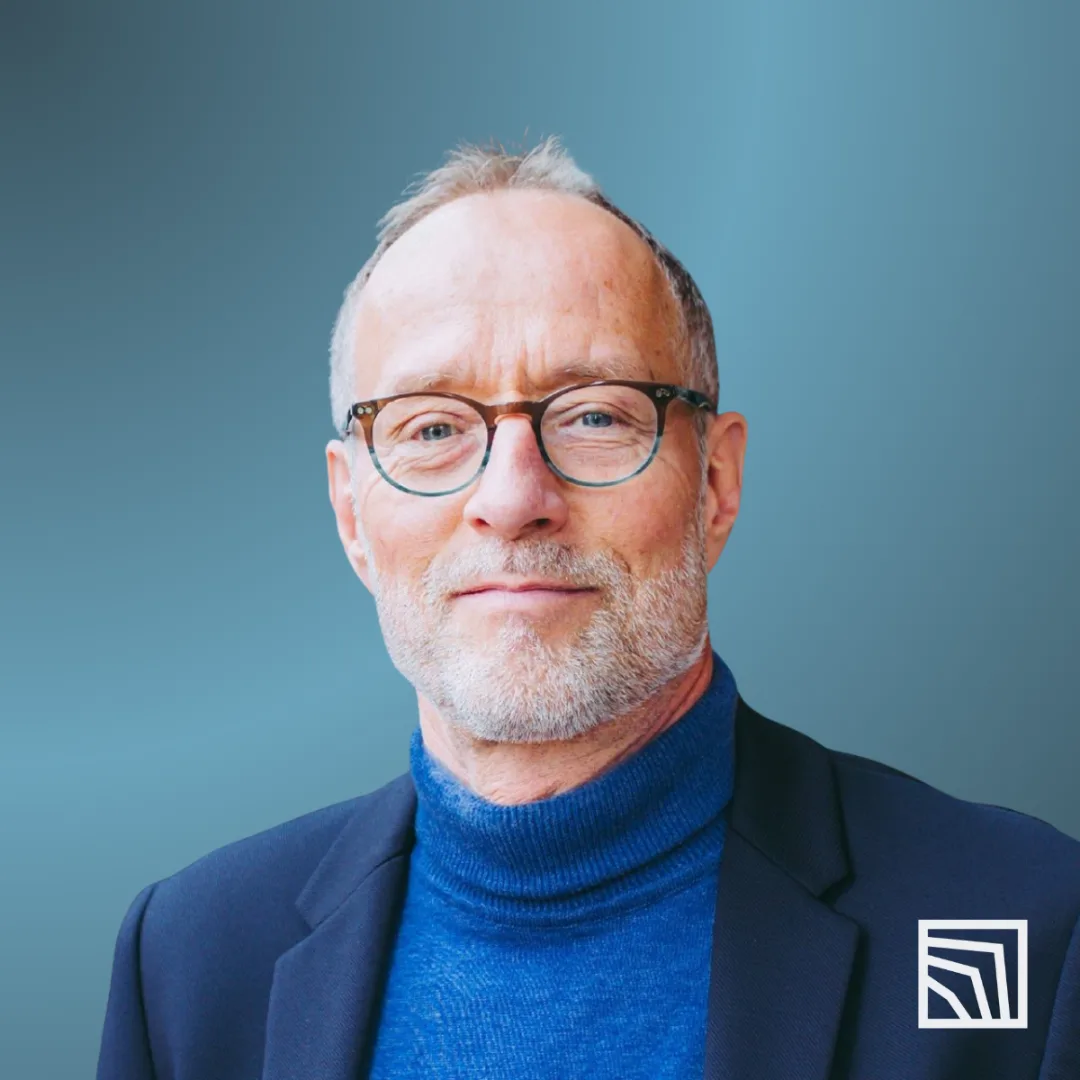
Robert Schoevers, MD, PhD
Professor of Psychiatry and Head of the Department at UMCG. His research focuses on mood and anxiety disorders, particularly depression, aiming to develop effective interventions by exploring neurobiological and psychological mechanisms. His work includes studying psychoplastic compounds, like ketamine and psilocybin, for treatment-resistant depression.
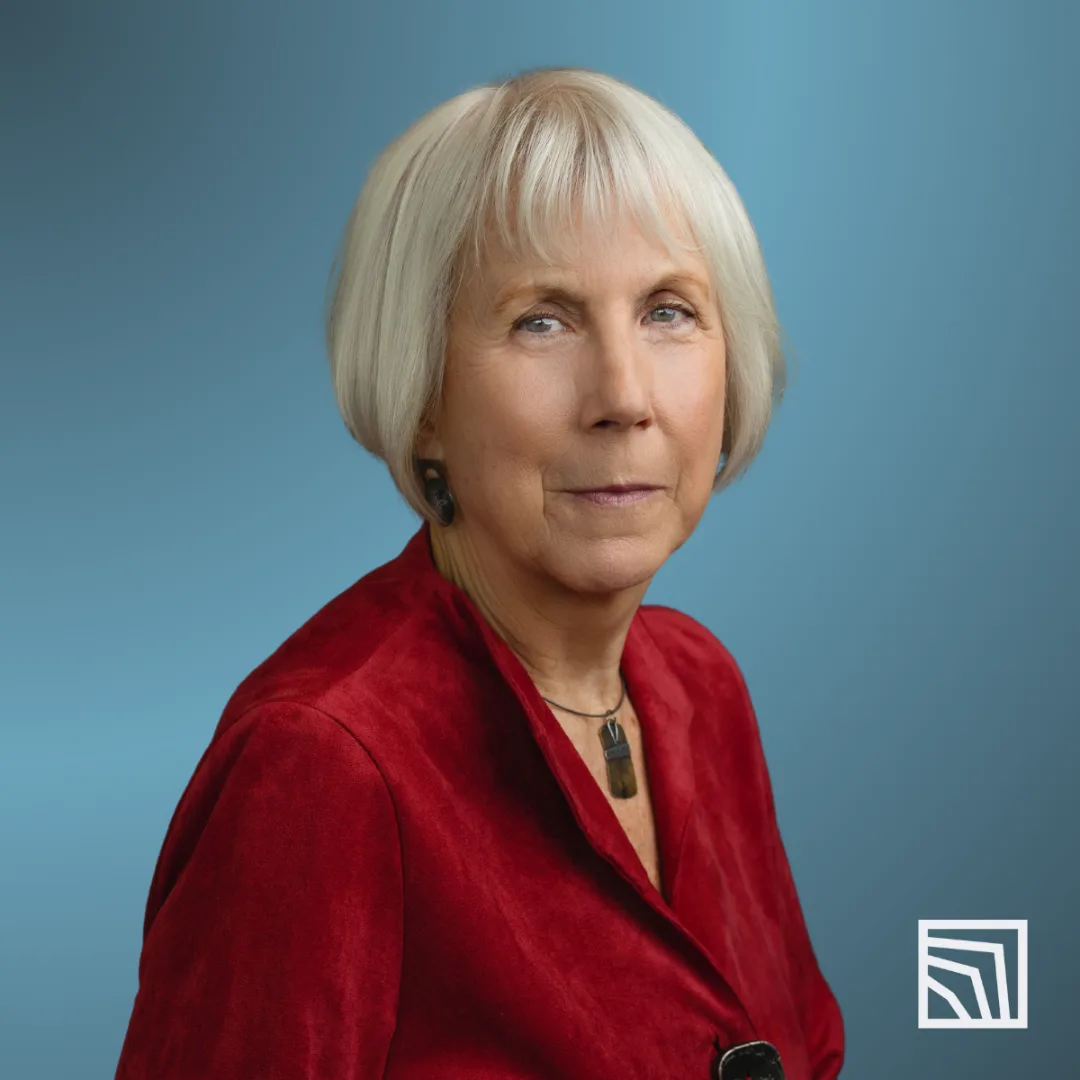
Janis Phelps,
PhD
PhD
Founder and director of the psychedelic therapy education programme at CIIS in San Francisco. Her 2017 publication outlines best practices for training psychedelic therapists. With over 25 years of experience, she has worked as a clinical psychologist and professor in various therapeutic modalities.
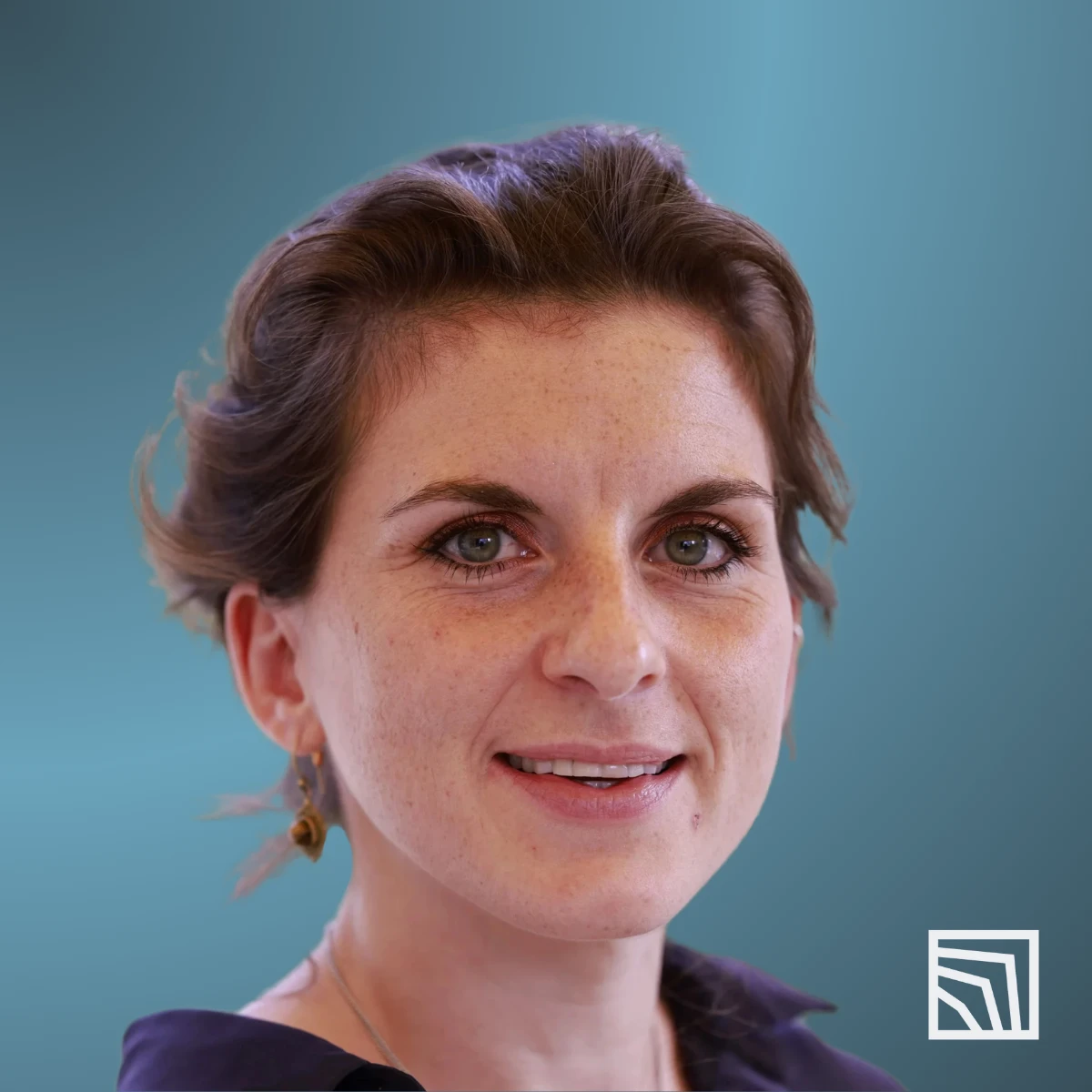
Helena Aicher,
PhD
PhD

Lisa Bright,
BSc
BSc
Decades of experience in executive board functions and as a senior adviser to multiple pharmaceutical companies. Highly experienced in vision and strategy development with an extensive network in fundraising.
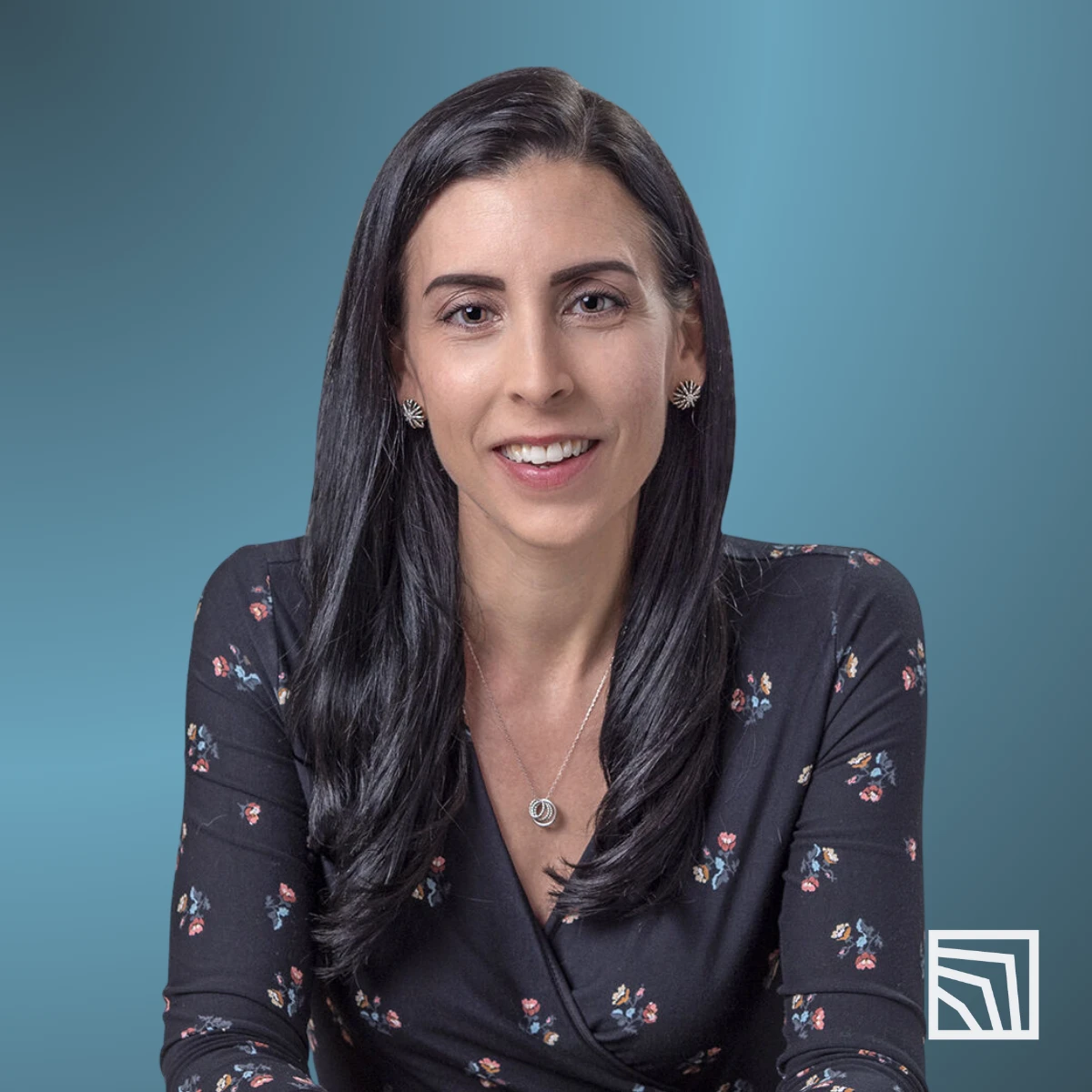
Holly Lynch, JD, MBE
Associate Professor of Medical Ethics and Law at the University of Pennsylvania. Lawyer and bioethicist by training, her work focuses on FDA pharmaceutical policy, clinical research ethics, and pre-approval access pathways, including around psychedelic-assisted therapies.
ADEPT is brought to you by the OPEN Foundation.
Since 2007, OPEN has fostered collaboration and education among experts in psychedelic therapy. Through its extensive network and initiatives, OPEN has become a trusted platform for connecting researchers, clinicians, and policymakers, facilitating the exchange of knowledge and best practices. OPEN is committed to advancing evidence-based approaches. OPEN has centred its efforts on organising conferences, online events, workshops, and publications that have significantly contributed to the development and professionalization of the psychedelic therapy field.
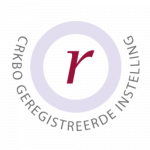
ADEPT is OPEN Foundation’s most comprehensive offering yet – guided by our standing values and principles.
*
Professionalism
Dedicated to continuous learning, development, and upholding therapeutic rigor. Emphasizing growth through ongoing education and reflective practice while encouraging both personal and professional development.
*
Ethics
Upholding the highest standards in safety and integrity to ensure responsible, accountable and professional practice. Valuing diverse experiences and creating inclusive, respectful care.
*
Care
A commitment to providing integrative, client-centered psychedelic therapy, fostering a safe and therapeutic environment.
*
Connection
Fostering a sense of belonging, support, and shared purpose among practitioners and clients. Encouraging teamwork and interdisciplinary collaboration to advance the field of psychedelic care and enhance collective growth.
Applications are considered as they come in. Limited spots in cohort.
“In the past decades, there has been a lack of innovation in mental health therapeutics.”
— Pia Dijkstra, Minister of Healthcare, The Netherlands at the Interdisciplinary Conference of Psychedelic Research
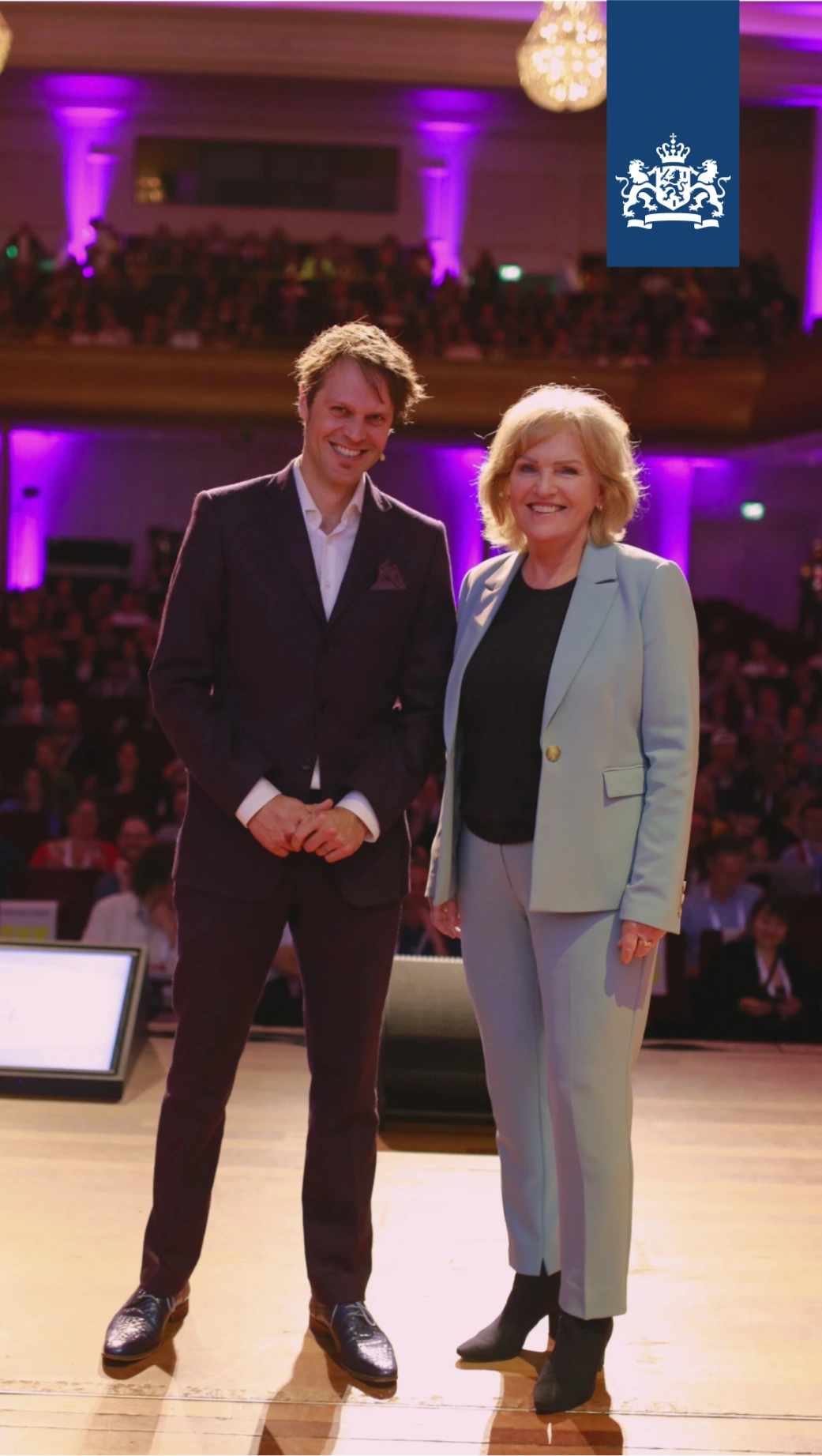
FAQ
Am I eligible to apply?
Foundations of Psychedelic Therapy is open to professionals with a background in mental healthcare who meet the minimum criteria.
Minimum criteria
Comprehension of academic English
Minimum BA/BSc in a mental health-related field
Potential candidates typically include:
Psychologists
Clinical/mental health psychologists
Psychotherapists
Psychologists
Medical doctors
Psychiatrists
General Practitioners (GP)
Resident / Medical doctors in training
Anesthesiologists
Other
Nurses
Nurse Practitioners
Psychiatric Nurses
Mental Health Nurse Specialists
Palliative Care Nurses
Community Psychiatric Nurses (CPN)
Other professionals
Spiritual Caregivers
Clinical Chaplains
Sociotherapists / Social Workers
If you recognize yourself in this list and are motivated to deepen your knowledge of psychedelic therapy, we warmly encourage you to apply.
Do I have to travel?
No. Foundations of Psychedelic Therapy is conducted entirely online, allowing you to join the program from anywhere in the world without the need to travel.
What is the expected time commitment?
Participants should plan to dedicate 5-8 hours per week to the program. This includes: watching recorded lectures, engaging in discussions and study groups, attending live Q&A sessions, and doing self-study of additional materials such as scientific papers, book chapters, and relevant videos.
What is the language of the course material, lectures, and training?
Foundations of Psychedelic Therapy is delivered entirely in English.
A high level of English proficiency is essential for fully engaging with the course materials, participating in discussions, and communicating effectively with both peers and instructors.
What is the tuition fee?
To secure your place, a non-refundable deposit of €1,500 is required upon acceptance. This amount will be deducted from your total tuition fee.
You can choose to pay:
- In full: €6,500 (minus the deposit)
- In two installments:
- If you have paid the €1,500 deposit, each installment will be €2,500 (for a total of €5,000, plus your €1,500 deposit = €6,500).
- If you choose not to pay a separate deposit, each installment will be €3,450 (for a total of €6,900).
The fee includes full access to all online modules.
ADEPT is registered with the CRKBO, which exempts the programme from VAT.
Are scholarships or discounts available for Foundations?
Please note that scholarship applications have now closed for the 2025 cohort of Foundations.
Yes, we offer a limited number of scholarship positions for each Foundations cohort. These scholarships aim to support individuals from underrepresented or historically marginalized backgrounds, reflecting our commitment to equity, accessibility, and diversity in psychedelic therapy.
The Foundations Scholarship is designed to increase access to psychedelic education for individuals whose identities, life experiences, or circumstances have historically limited their participation in mental healthcare training.
To be eligible, applicants must:
- Meet the general eligibility criteria for Foundations (e.g., possess a relevant professional or educational background in psychology, mental health, medicine, social work, nursing, or spiritual care).
AND identify with one or more of the following criteria:
- Black, Indigenous, or a Person of Color (BIPOC)
- LGBTQIA+
- Member of a marginalized, underrepresented, or historically excluded community
- Citizen of a Global South country
- Citizen or resident of Eastern or Southern Europe
- Primary caregiver (for children, elderly parents, or dependents)
- Retiree (transitioning from a related professional field)
- Financial provider for a single-income household (including at least two children and a partner)
- Experiencing financial hardship or limited access to professional development resources
We welcome applicants whose backgrounds, visions, and lived experiences will meaningfully contribute to the future of ethical and inclusive psychedelic-assisted therapy.
If you’re unsure whether you qualify but feel that your participation aligns with the spirit of Foundations, we still encourage you to apply.
How do I enrol?
Enrolling in Foundations of Psychedelic Therapy is a two-step process:
- Register your interest
Start by registering your interest. Fill in your information and pay the non-refundable €25 registration fee.
- Fill in the enrolment form
After registering, you’ll receive an email with a link to complete your enrolment form.
To complete it, you will also have to upload:
- A short motivation letter (maximum 300 words). You can also present this in a video format.
- Your CV.
You will receive the final result of your application to Foundations of Psychedelic Therapy via email.
What certification and accreditation are offered?
Upon completing Foundations of Psychedelic Therapy, participants receive a Certificate of Completion from the OPEN Foundation.
To qualify for this certificate, participants must attend at least 80% of all scheduled online activities, which include recorded lectures, tutorials, and live Q&A sessions, and fulfill all course requirements and assignments.
Continuing (Medical) Education (CM/CME) credits are pending approval. We are actively seeking accreditation for psychiatrists, clinical and healthcare psychologists, and psychotherapists through Dutch organizations such as the FGzPT, NVP, and NIP. Additional accreditation for other professional groups is currently under discussion.
This certification recognizes the participant’s advanced theoretical knowledge in psychedelic-assisted therapy and supports the integration of these insights into their existing practice within applicable legal frameworks.
Please note that this certificate does not grant a license or legal authority to practice psychedelic-assisted therapy independently outside of regulated settings.
Participation in the foundations of psychedelic therapy or ADEPT programme and the OPEN Foundation do not promote, condone, or facilitate the use of unauthorised medical products
Applications are considered as they come in. Limited spots available.
Team
ADEPT’s driving forces from the OPEN Foundation.
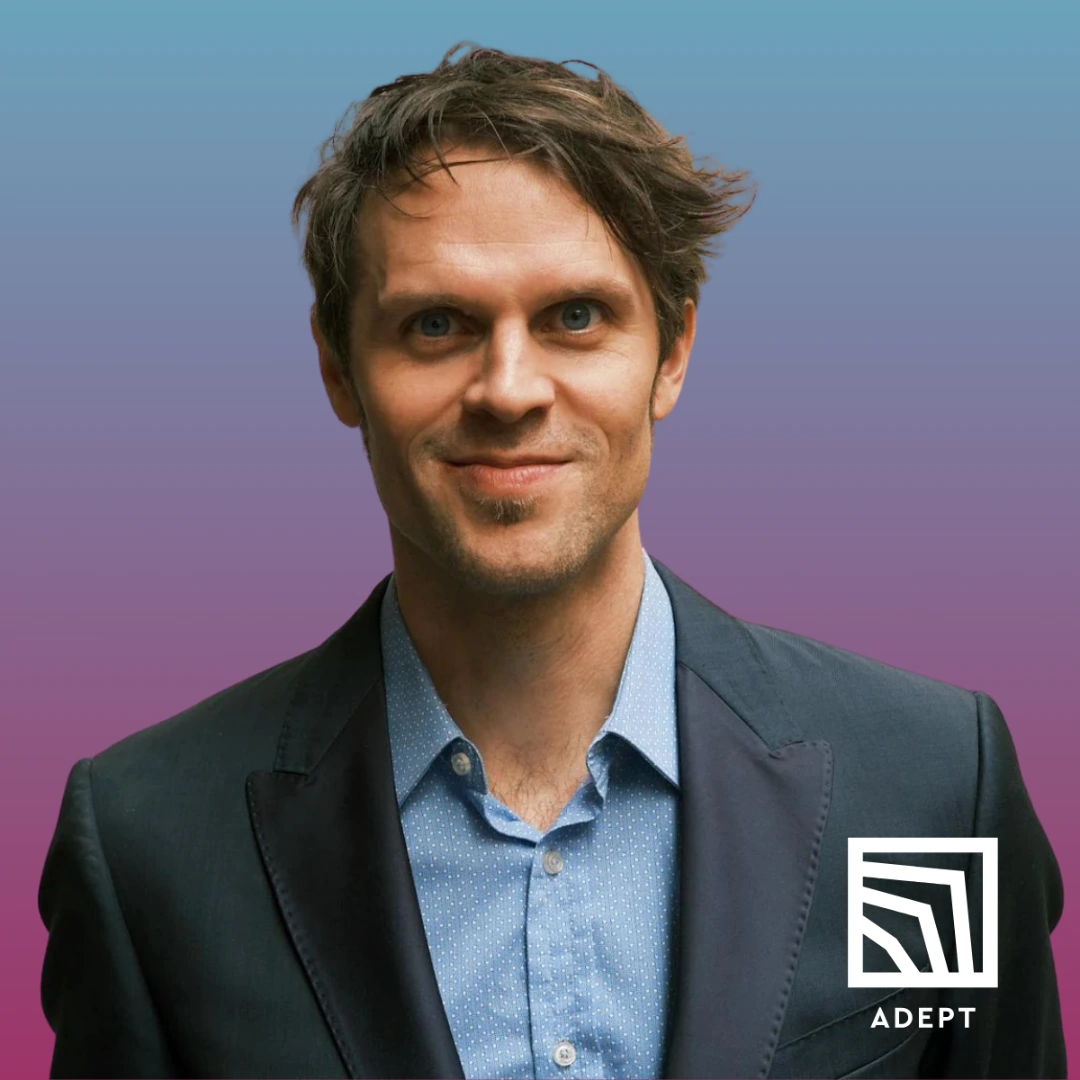
Joost Breeksema
Director OPEN Foundation
Joost holds a MA in philosophy and a PhD in Psychiatry. His work bridges the boundaries of psychiatry, psychology, philosophy, qualitative research, and public health. A connector at heart, he is convinced that therapeutic use of psychedelics can only be advanced through critical reflection, rigorous science, interdisciplinarity and collaboration. Underlying all his work is a deep-seated belief in the scientifically grounded, responsible, inclusive, and ethical integration of psychedelics into healthcare and society.

Ana Martins
Operational Manager
Conference Manager for ICPR 2024, Ana brings extensive experience in large-scale event and project management. With a Master’s degree in Clinical Psychology from Leiden University, Ana combines clinical expertise with operational acumen. She is dedicated to bridging research and practice, contributing to the advancement of psychedelic therapy training through her organisational and strategic efforts.
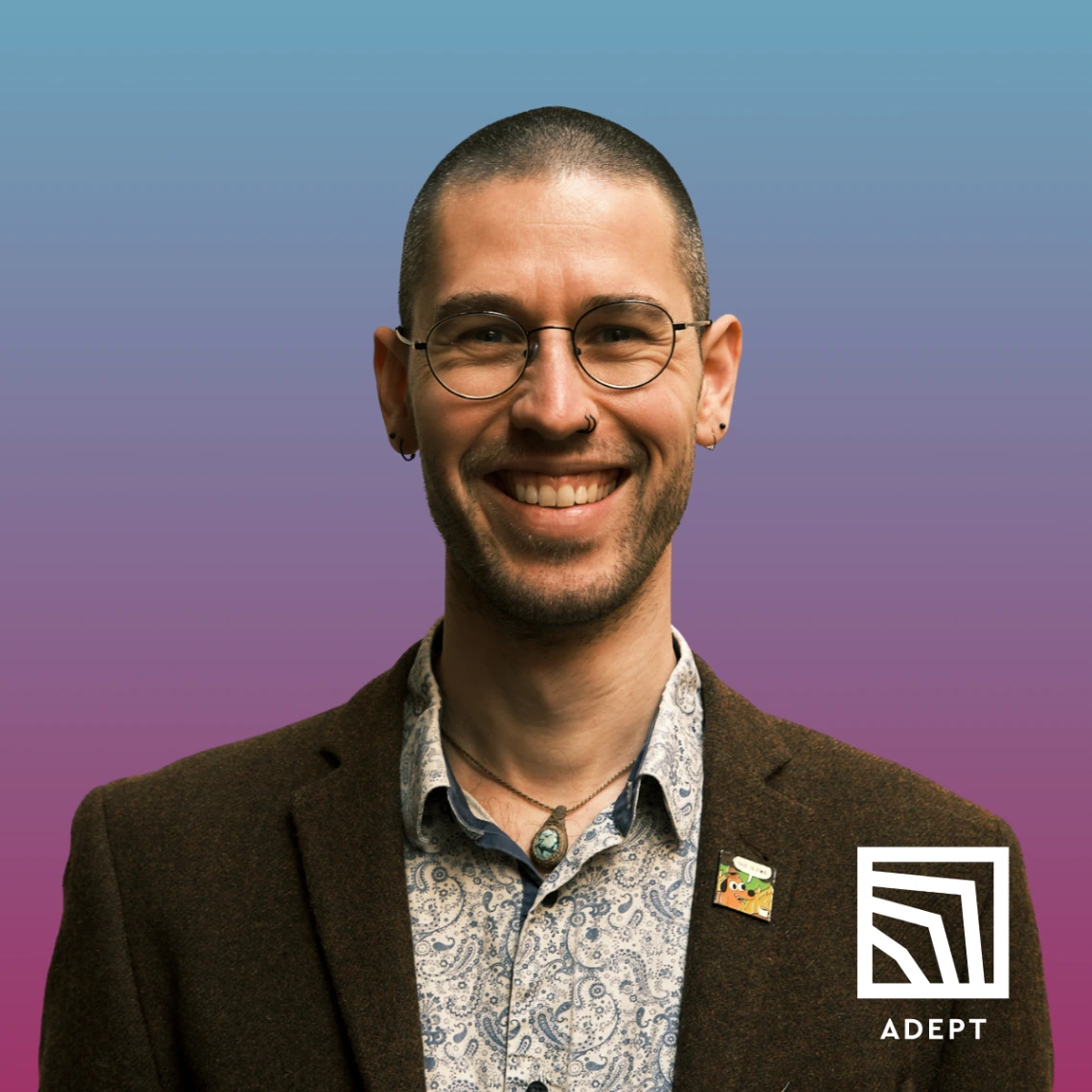
Daan Keiman
Educational Lead
Daan is a psychedelic and Buddhist chaplain with a private practice, blending contemplative practices, (neuro)anthropology, cognitive science, and existential therapy. With extensive experience as a facilitator and curriculum developer for psychedelic training programs, Daan promotes a multidimensional approach to psychedelic-assisted psychotherapy and advocates for community-based care models.
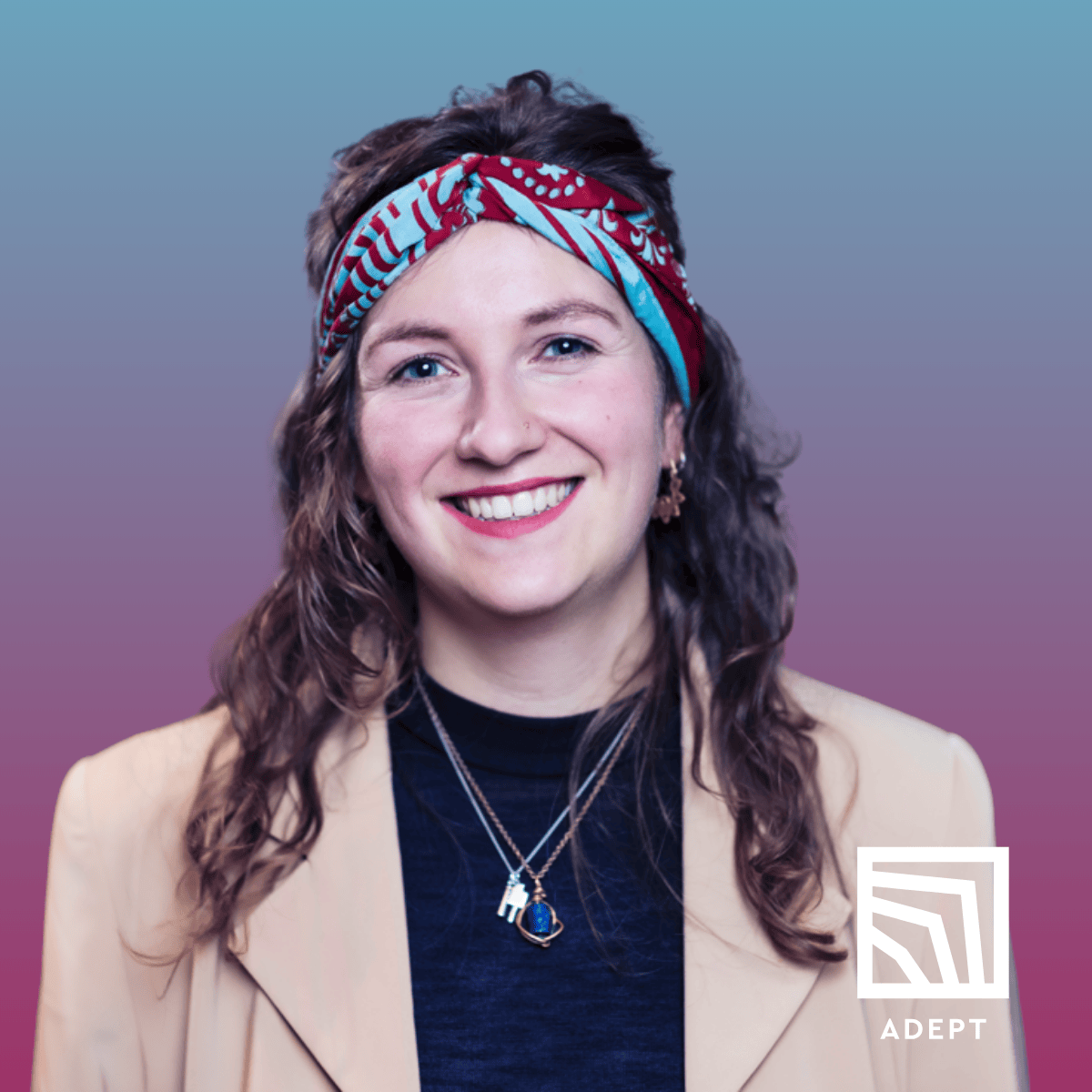
Cato de vos
Tutor Group Leader
Cato holds an MSc in Neurobiology from the University of Amsterdam and has experience supporting clinical trials on psychedelics-assisted therapy in the Netherlands. Since 2021, she has contributed to the programming of the OPEN Foundation and the Interdisciplinary Conference on Psychedelic Research. She currently works as a junior lecturer in Psychology at Vrije Universiteit Amsterdam and as a tutor in the OPEN Foundation’s psychedelic therapy training programme. In addition, Cato provides PsyCare at (inter)national festivals and is the founder of PsyCare NL. A daily dose of meditation, movement, and playfulness keeps her smiling.
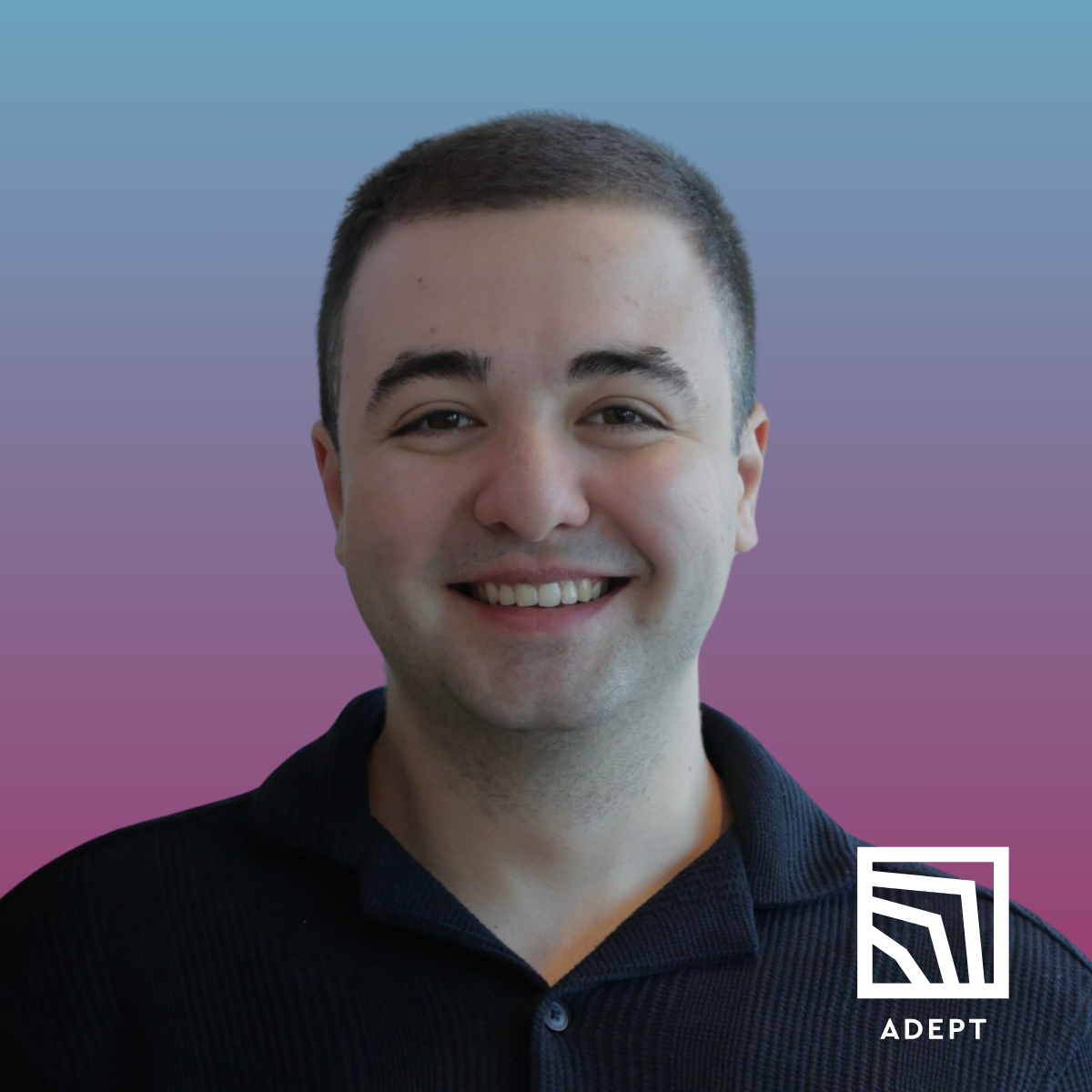
Aref Touleimat
Student Coordinator
With a Psychology BSc and a background in a Creative Business BA, Aref is committed to the advancement of psychedelic therapy. Over the past three years, Aref has been actively involved with the OPEN Foundation, contributing to projects such as ICPR and, most recently, stepping into the role of Student Coordinator for ADEPT. Thriving under pressure, Aref has a keen eye for detail and ensures that complex processes feel effortless, fostering an environment where learning and growth happen intuitively.



